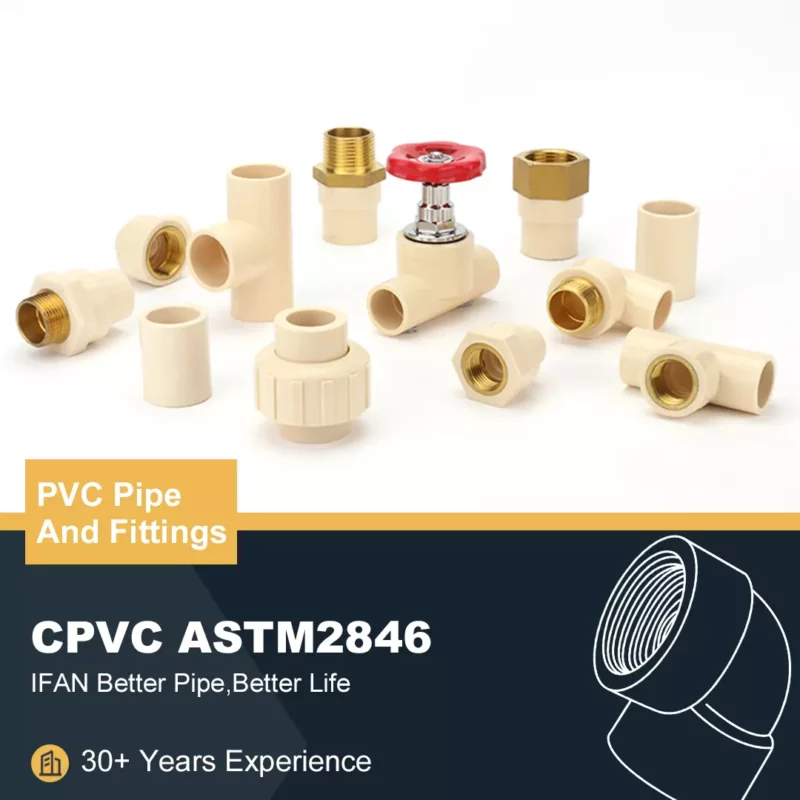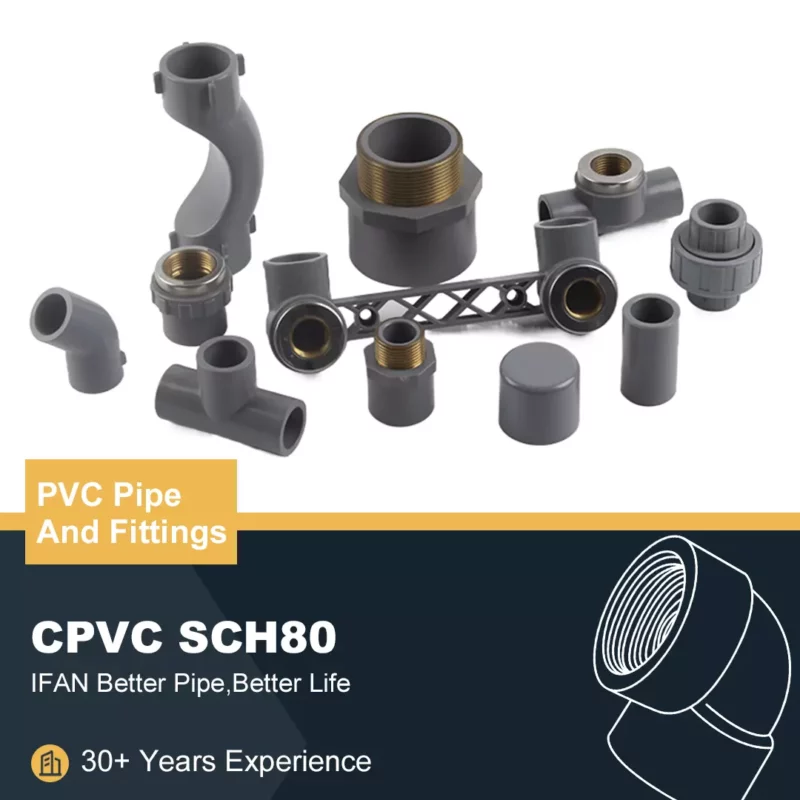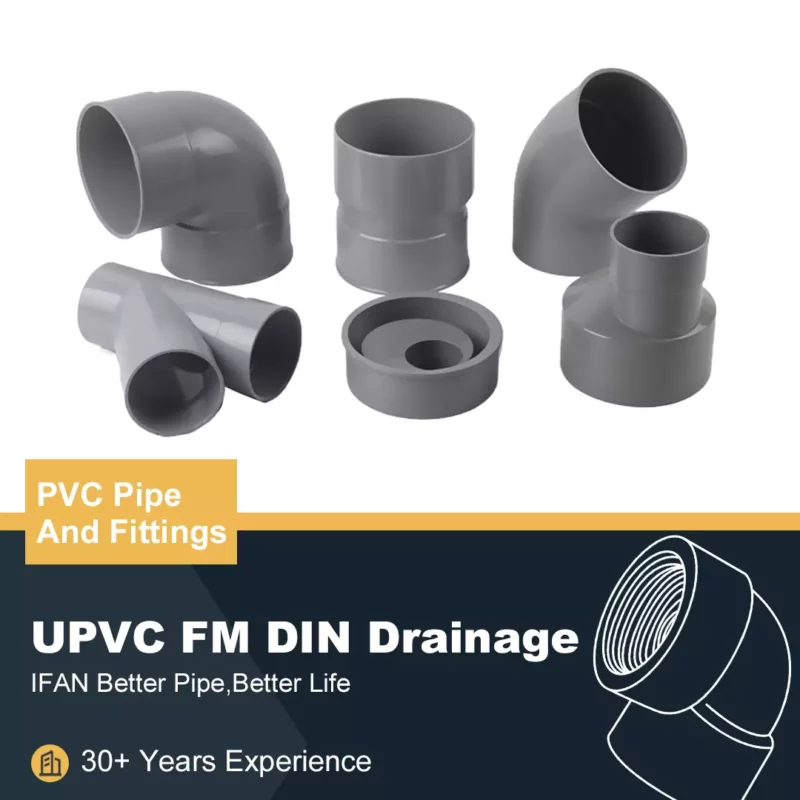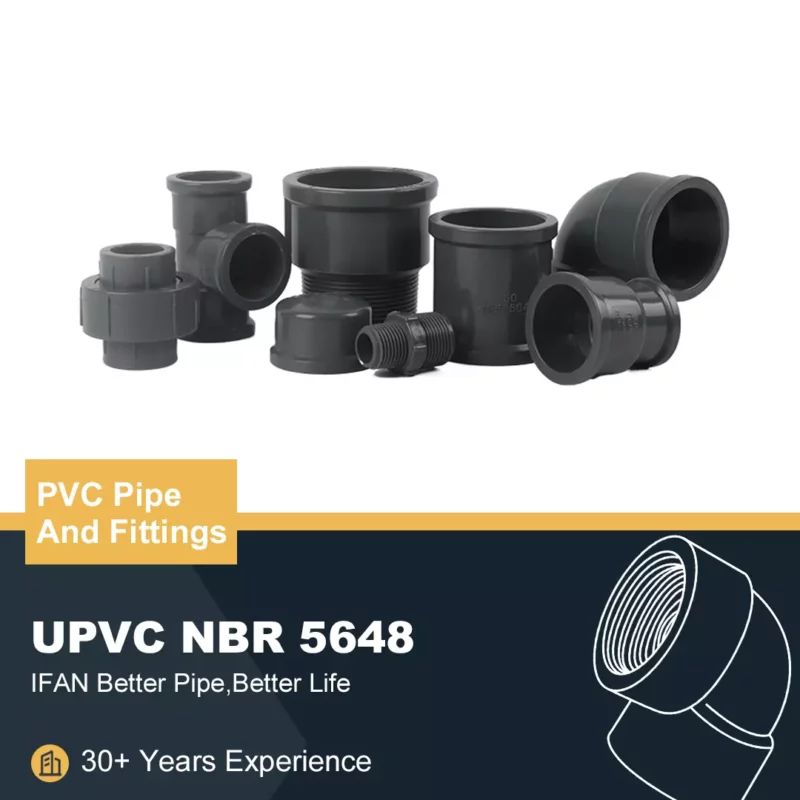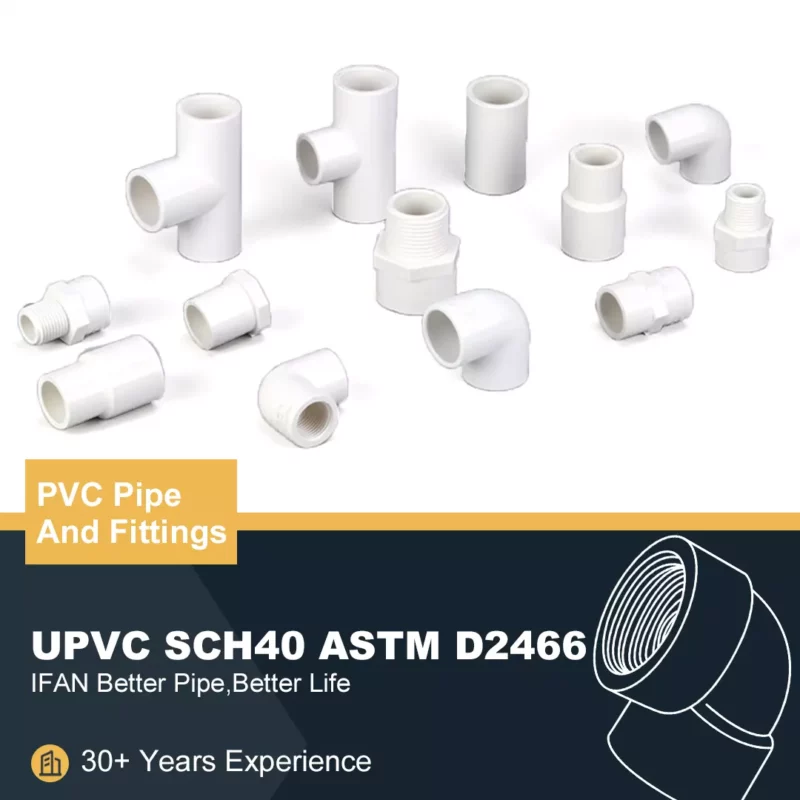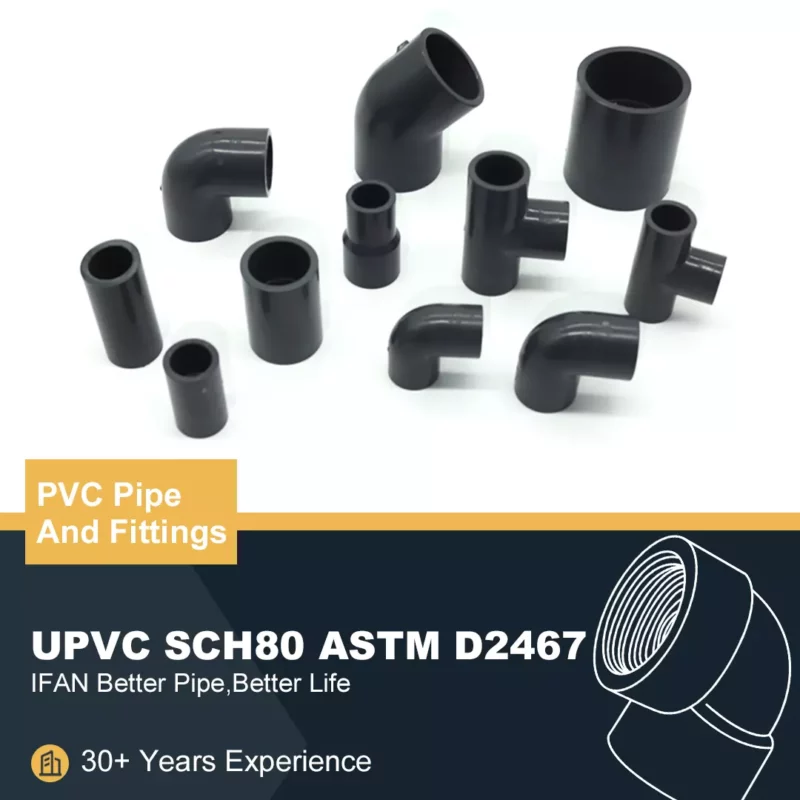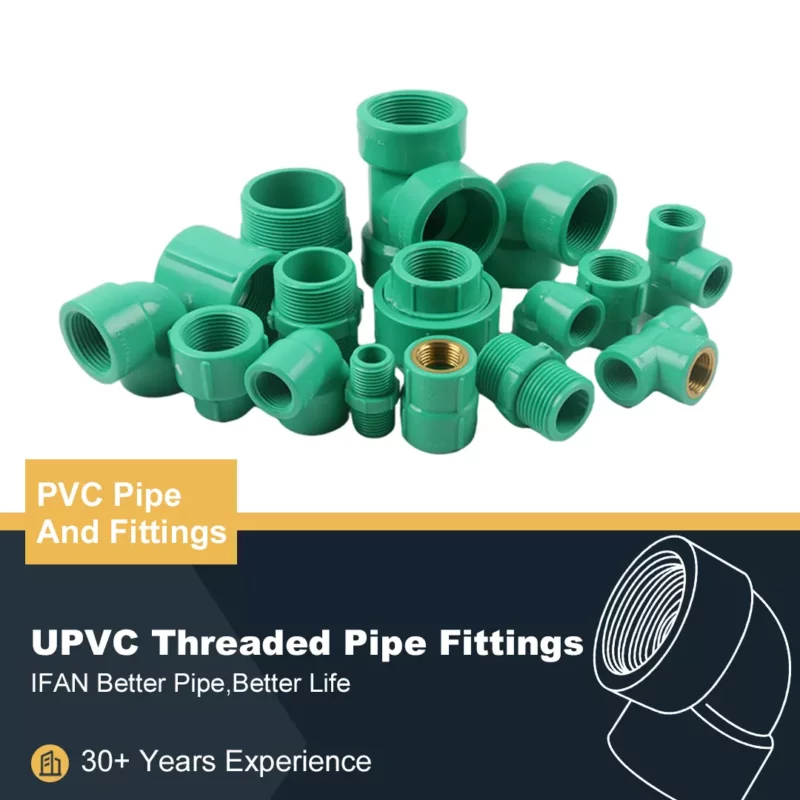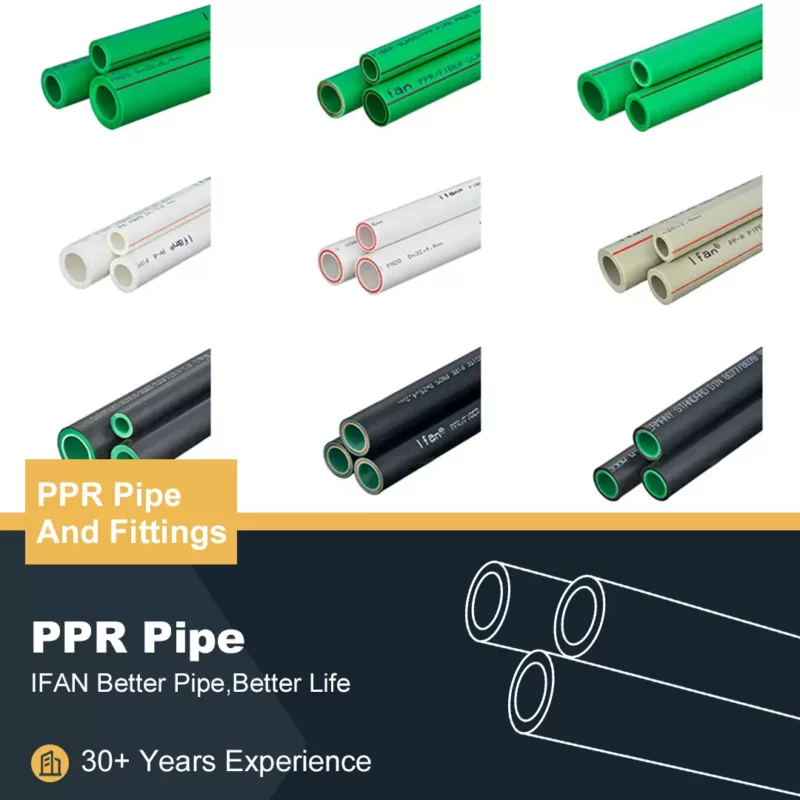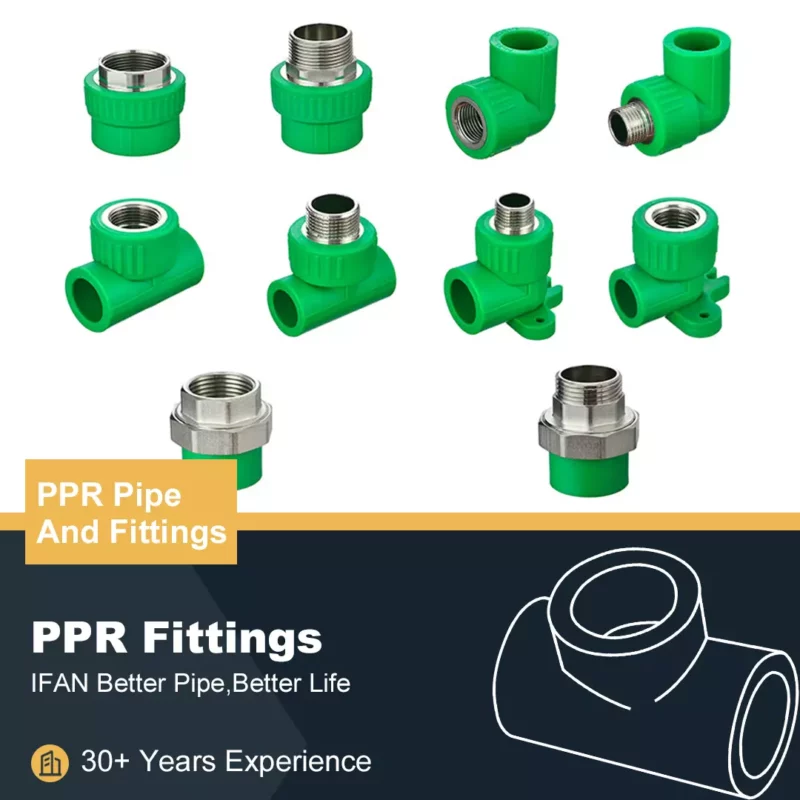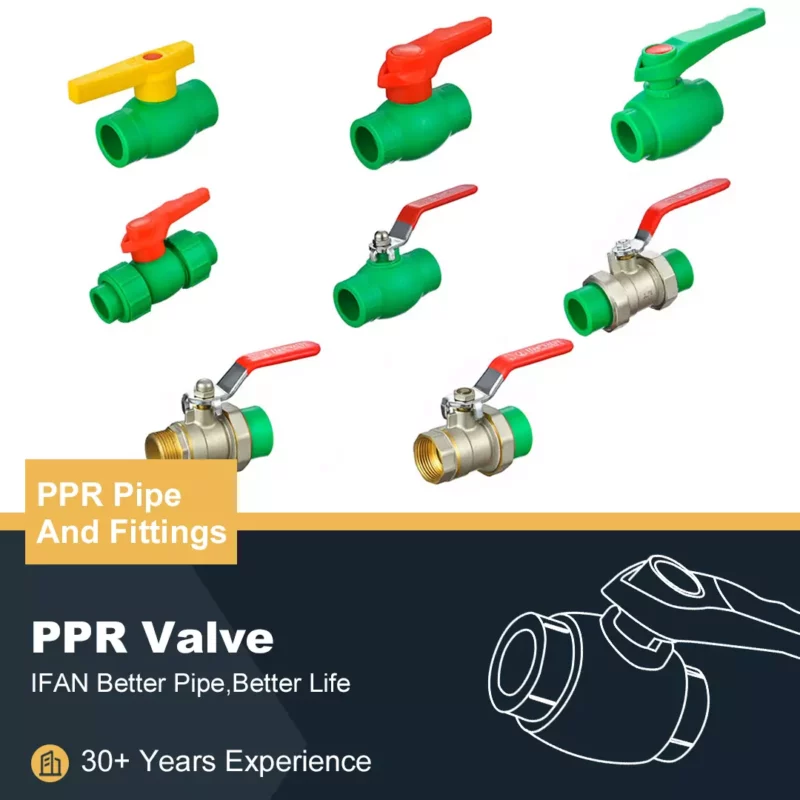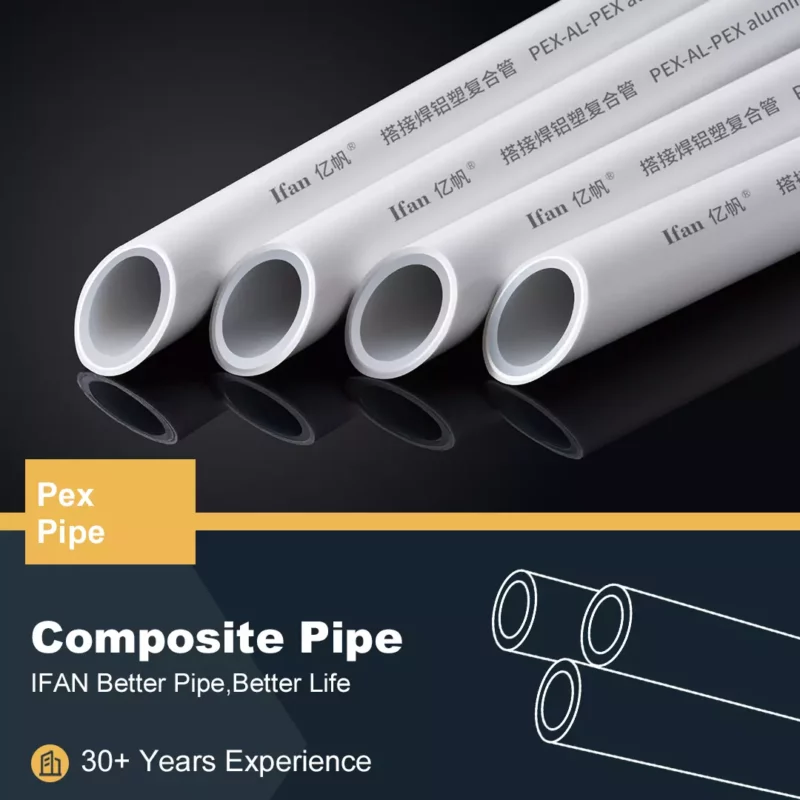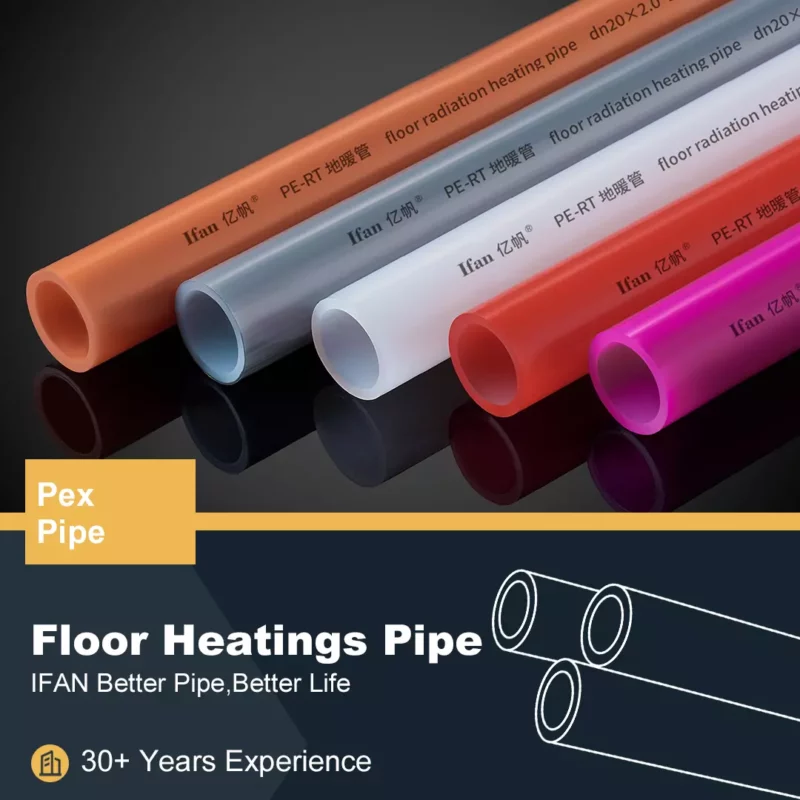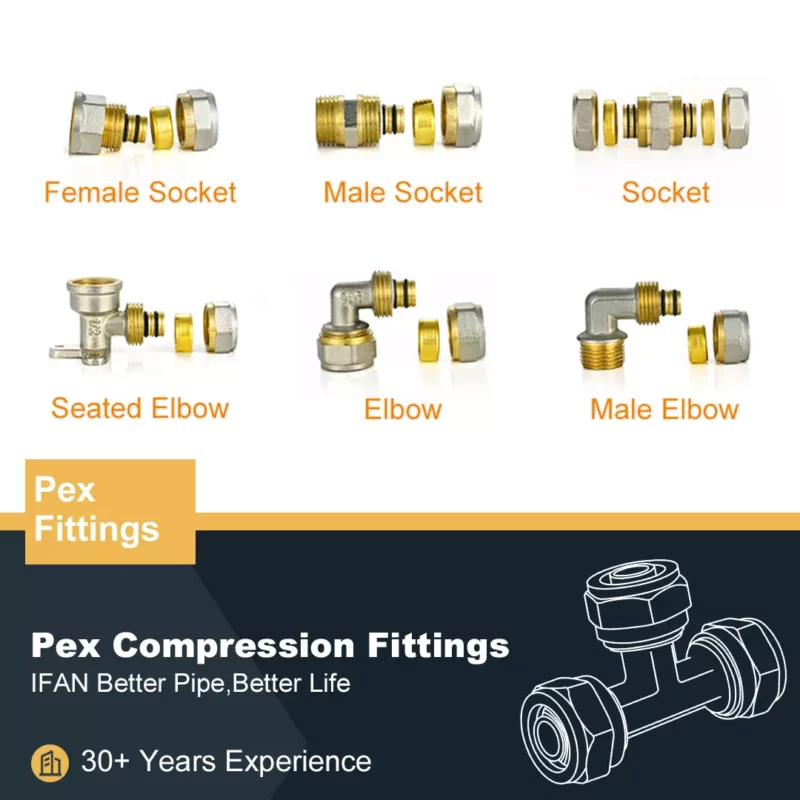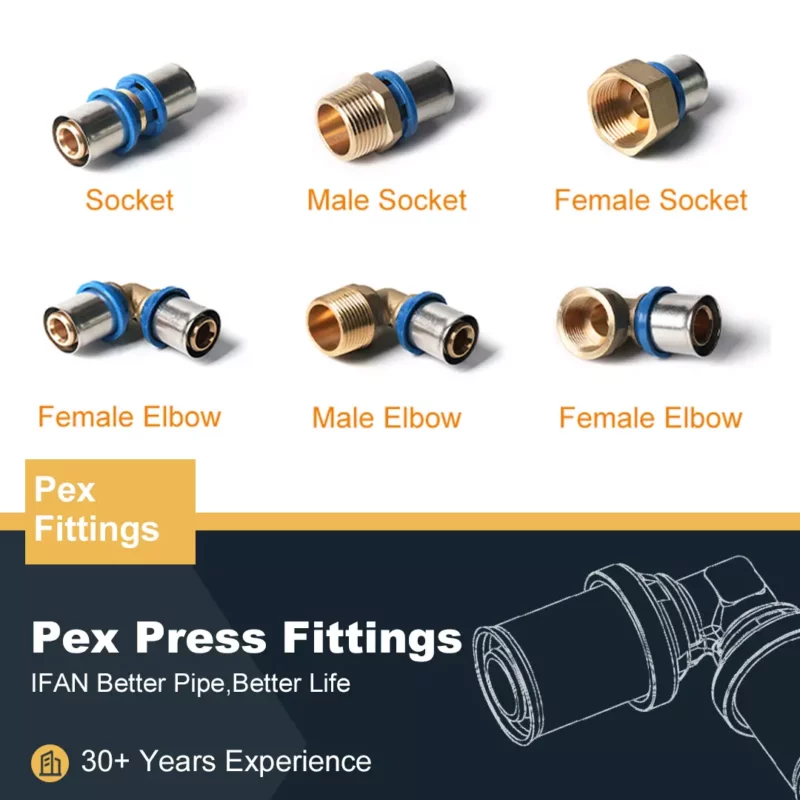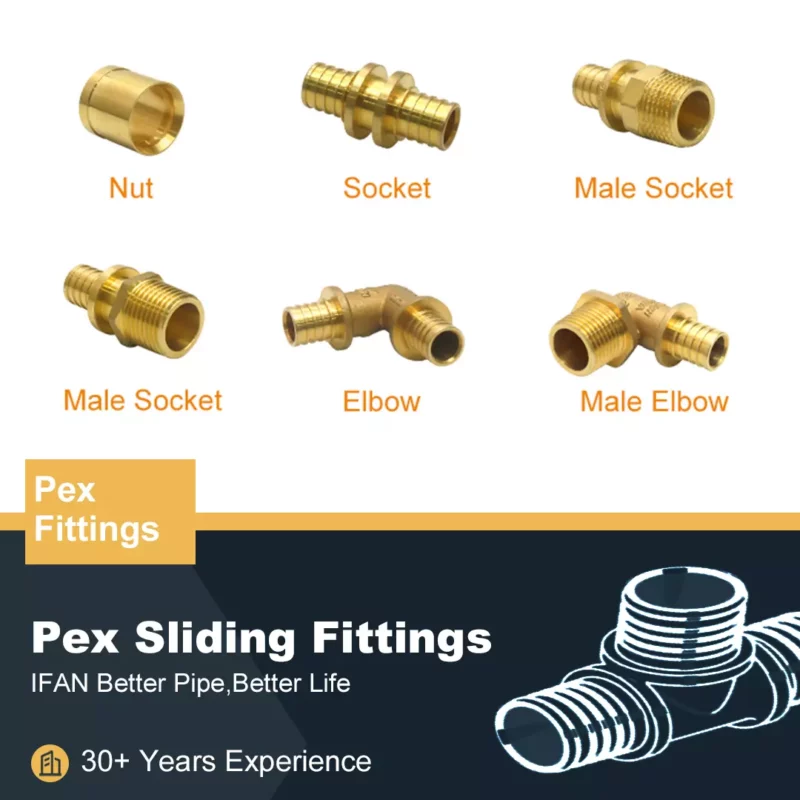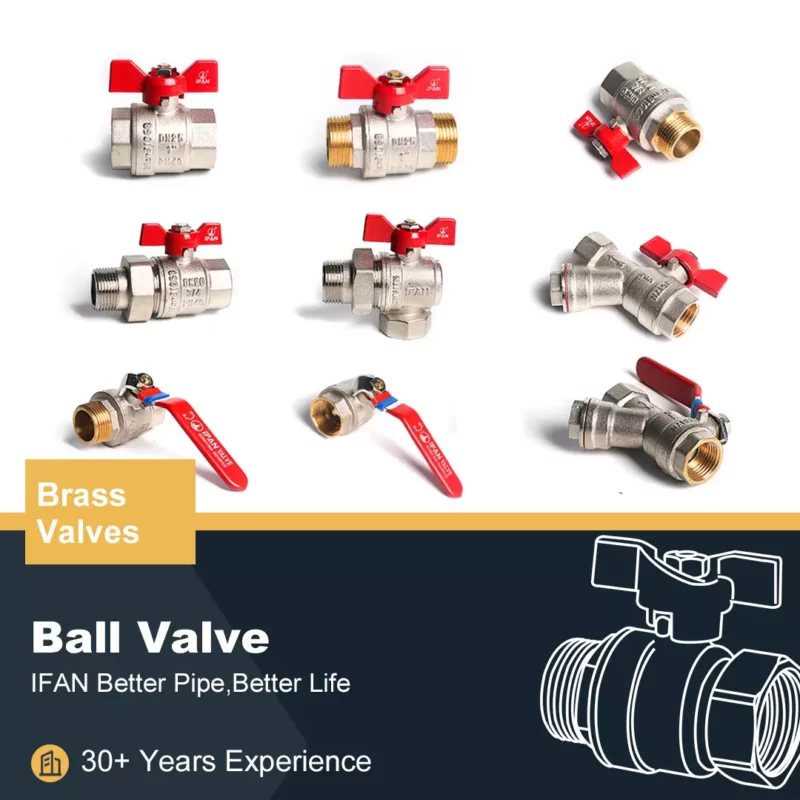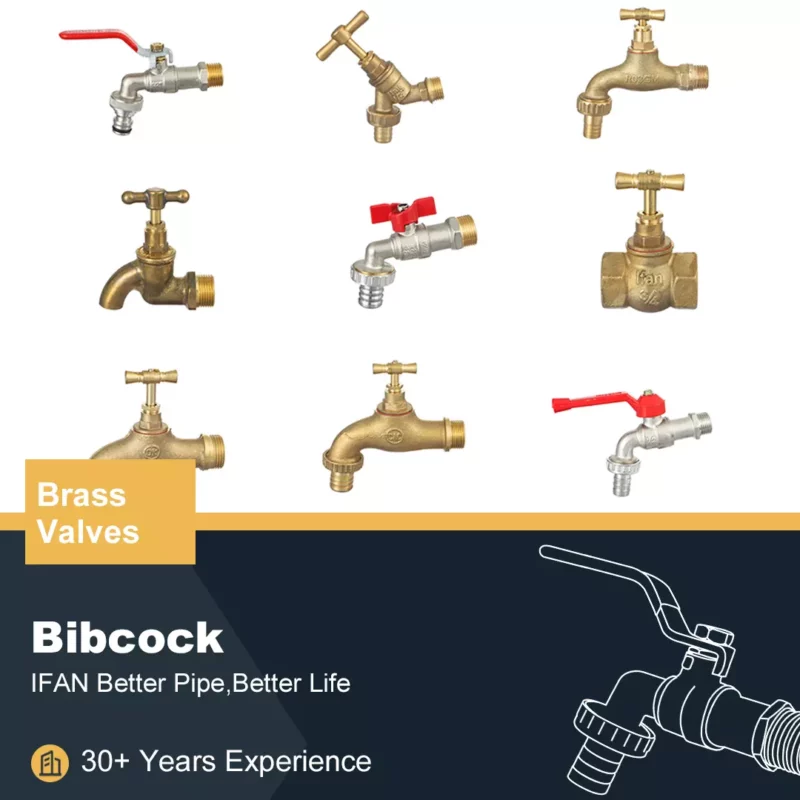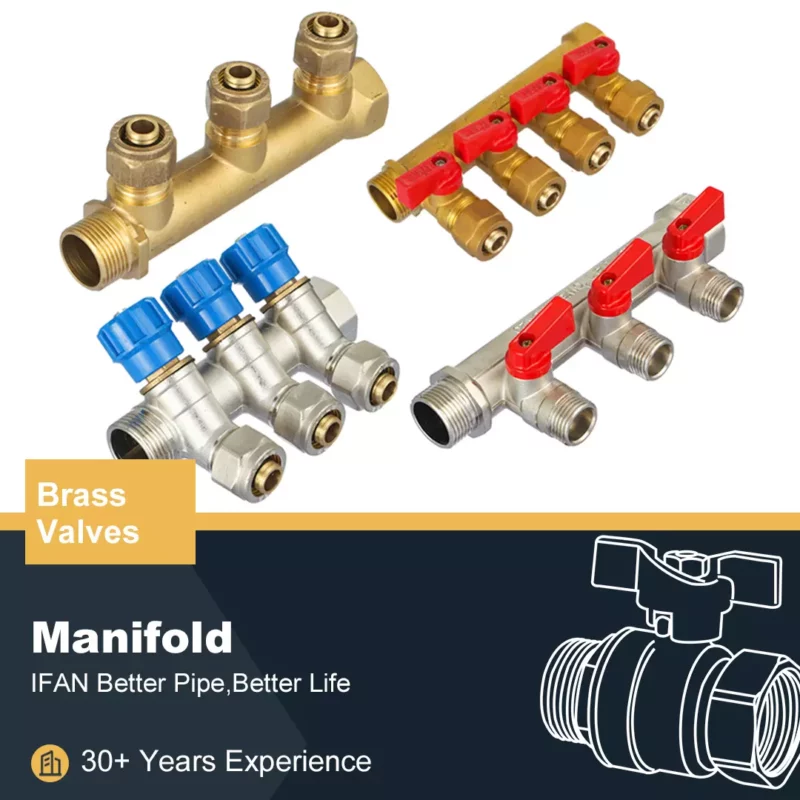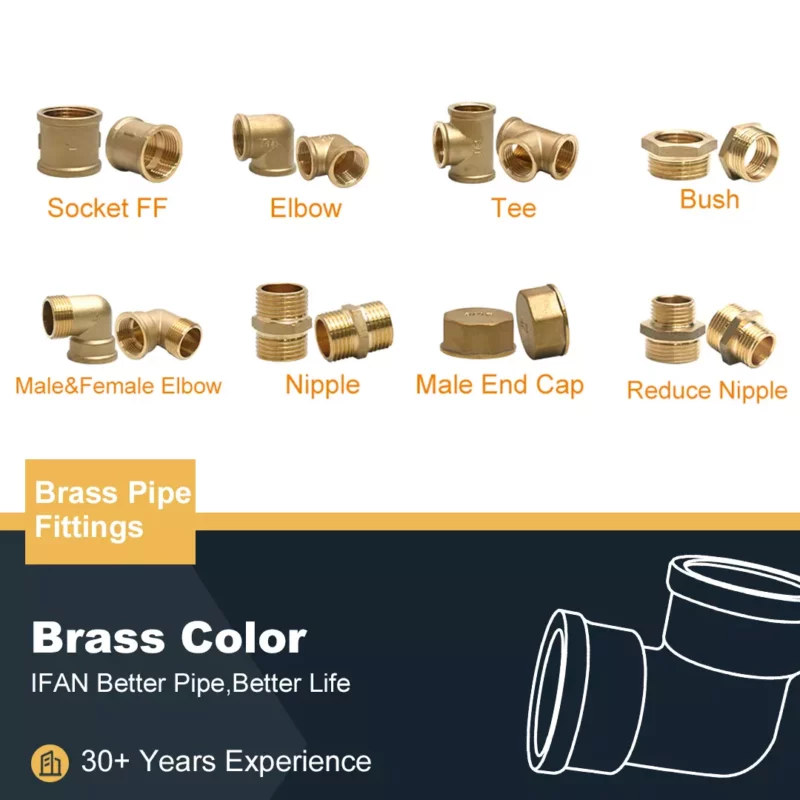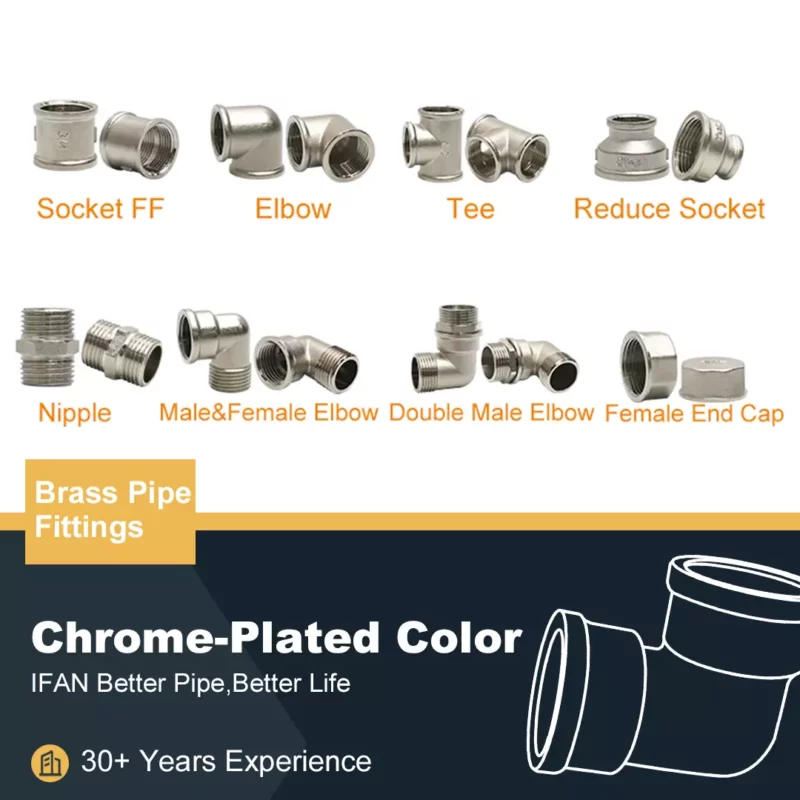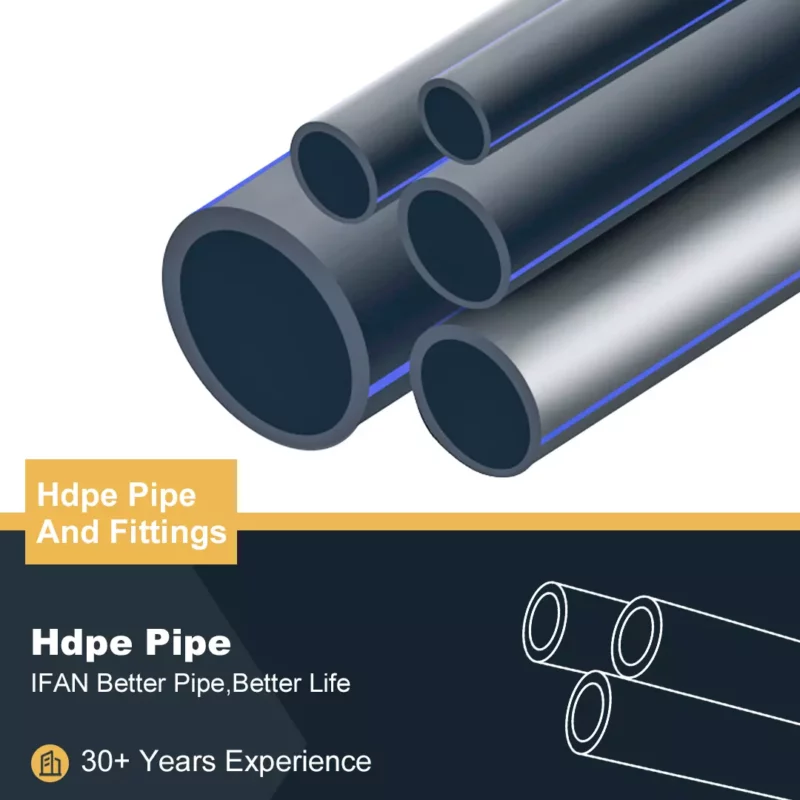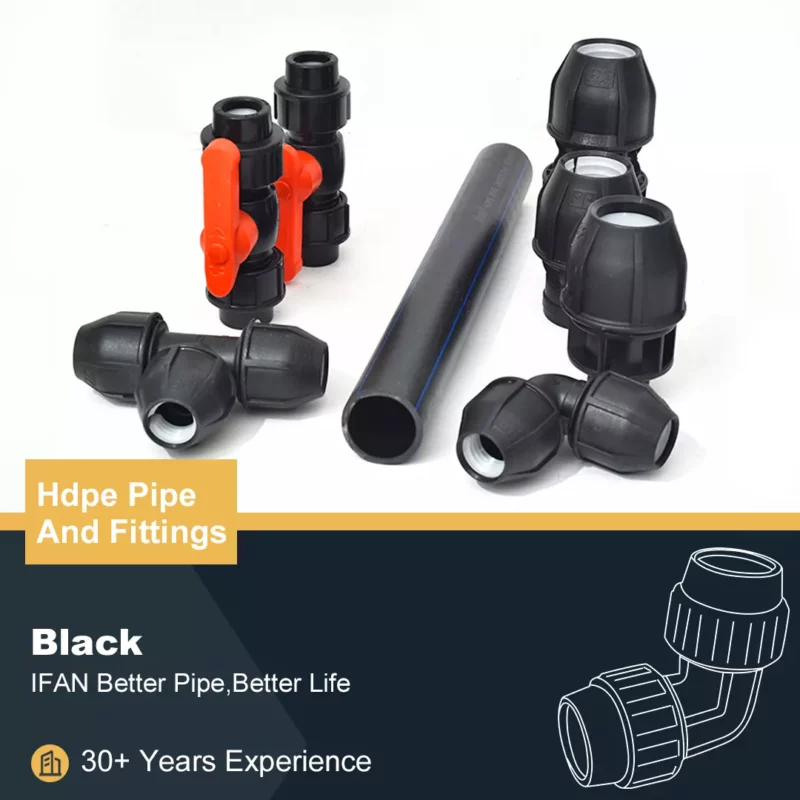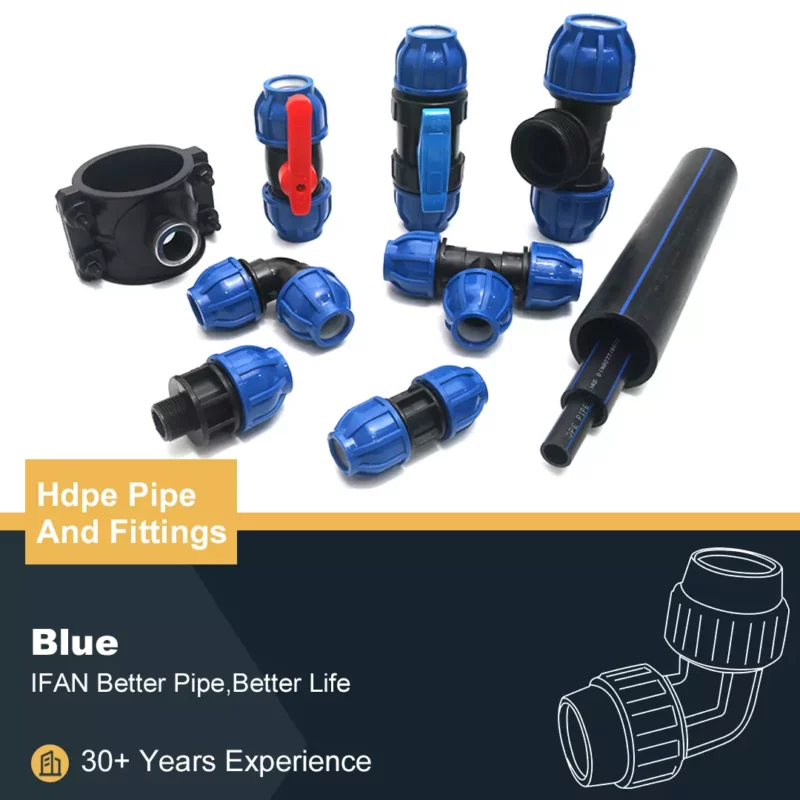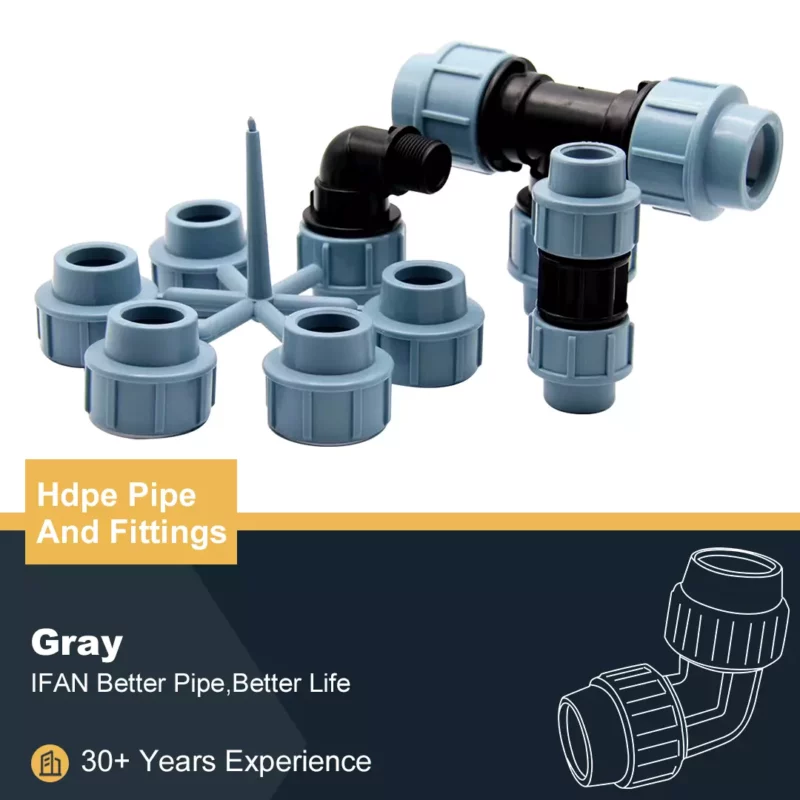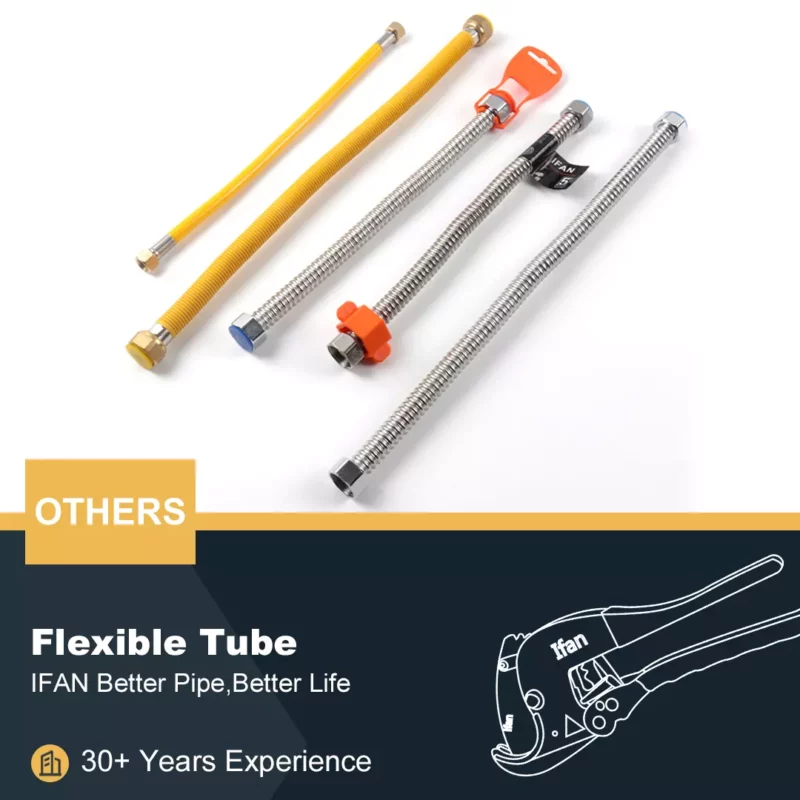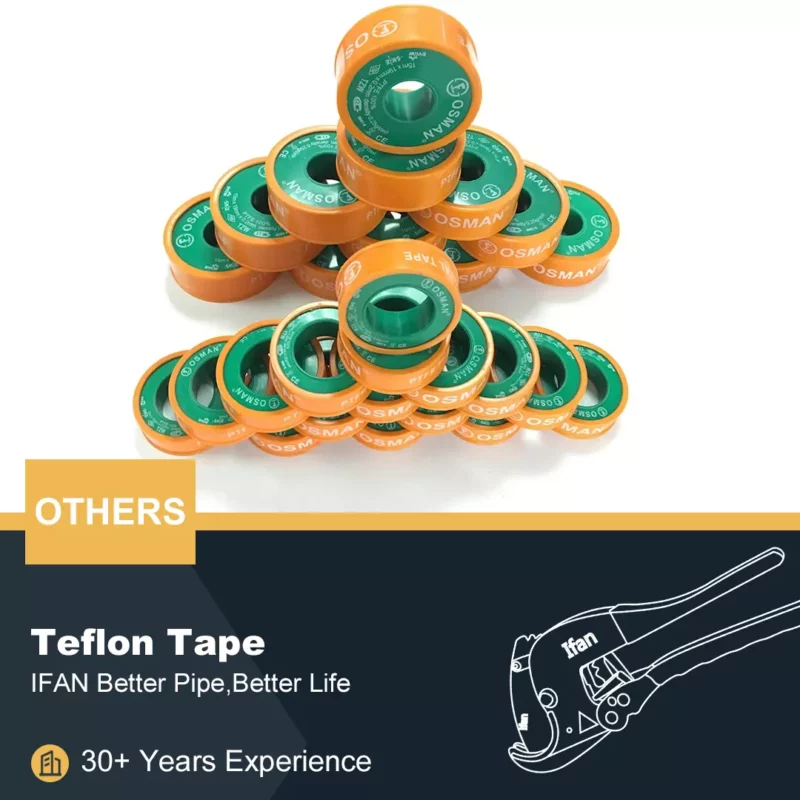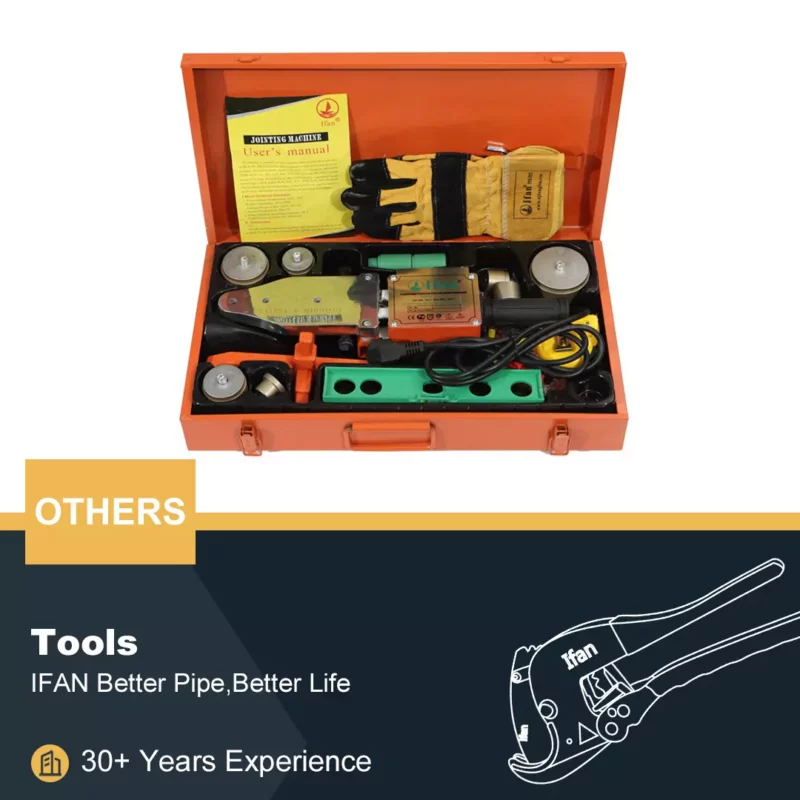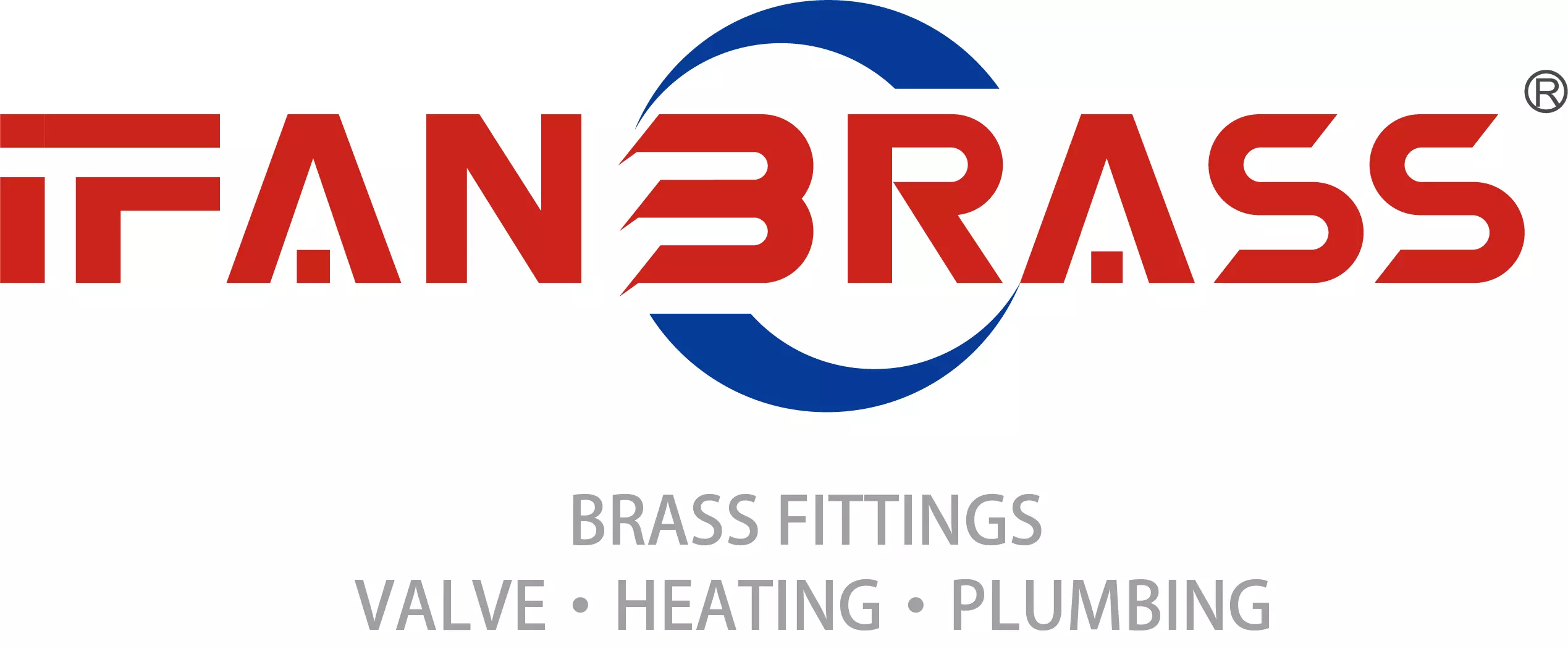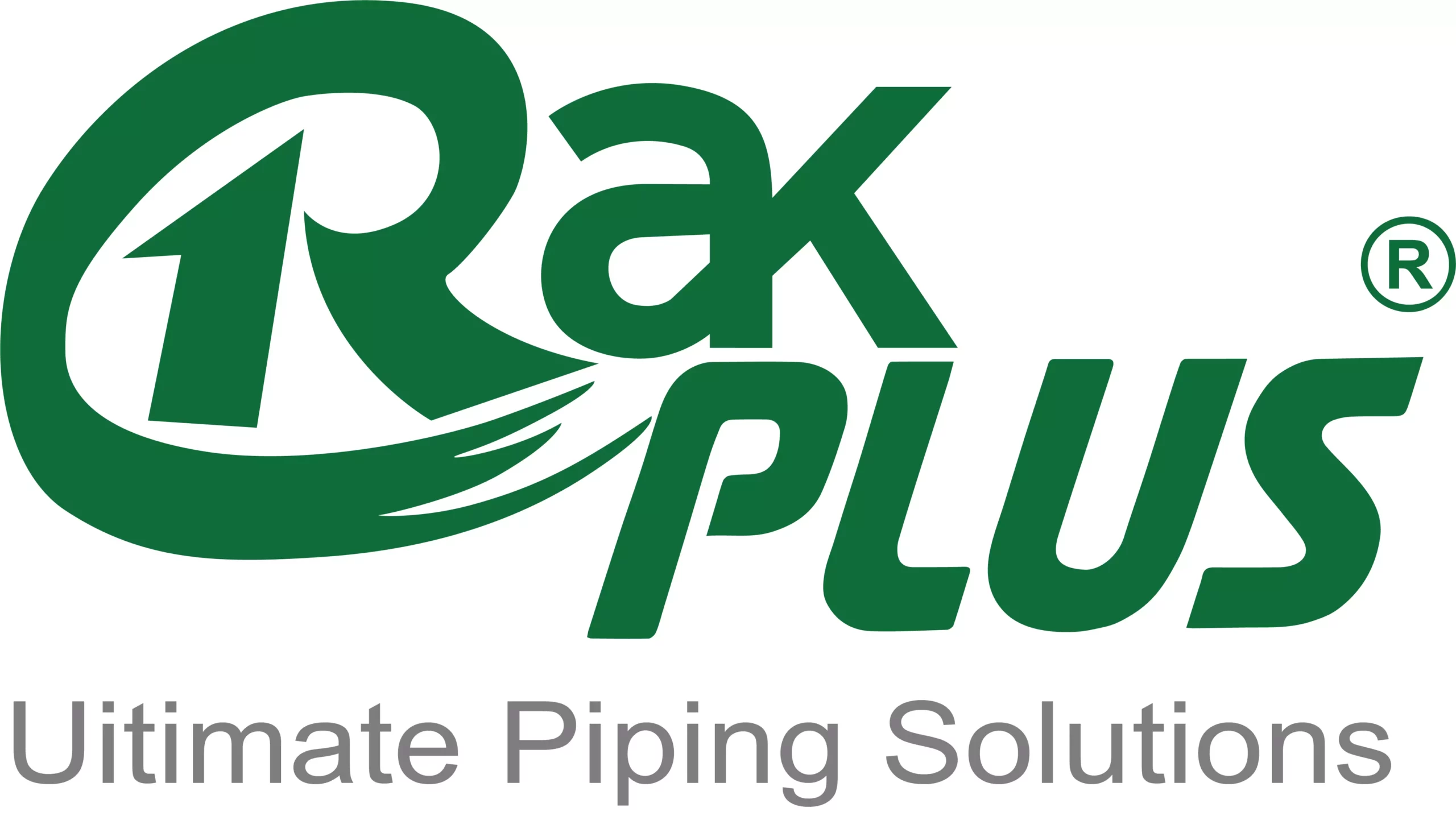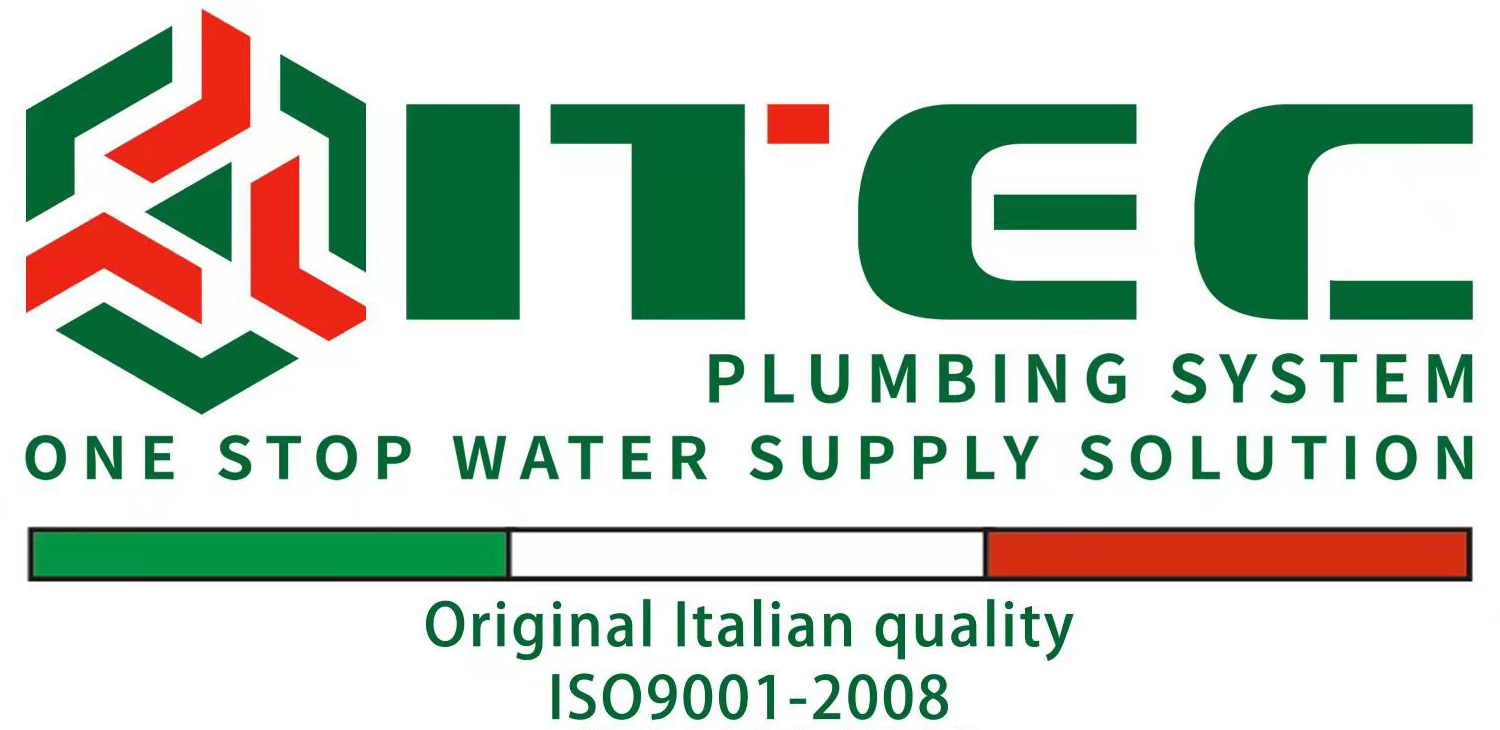Brass ball valves are widely used in various applications due to their efficient operation and reliability. Their operational performance is crucial in determining their suitability for different systems. This analysis explores the key aspects of brass ball valve operation, including ease of use, flow control, and maintenance requirements.
Ease of Operation
Brass ball valves are known for their straightforward operation. They use a spherical disc with a hole through the center, which rotates to control the flow. Turning the handle 90 degrees opens or closes the valve. This simplicity allows for quick and easy operation, even in high-pressure systems. For instance, in a residential water supply system, turning the handle a quarter turn quickly shuts off the water supply during repairs. This ease of operation makes brass ball valves ideal for applications where frequent switching on and off is required.
Flow Control
Ball valves are primarily designed for on/off control of fluid flow. When fully open, the ball’s hole aligns with the pipeline, allowing maximum flow with minimal resistance. This feature ensures efficient fluid movement without significant pressure drop. For example, in a large-scale industrial pipeline, a brass ball valve can fully open to allow high-volume flow during peak operation. However, ball valves are not suited for precise flow regulation. They are best used in applications where full flow or complete shut-off is needed rather than fine-tuning.
Speed of Operation
One of the significant advantages of brass ball valves is their speed of operation. The quarter-turn mechanism allows the valve to open or close almost instantaneously. This rapid response is beneficial in systems requiring quick shut-off or flow control. In an emergency situation, such as a burst pipe, a brass ball valve can be turned off quickly to prevent damage. This fast operation helps in maintaining system safety and efficiency.
Torque and Handle Design
The handle of a brass ball valve is designed to provide sufficient torque for operation. The handle’s length and design ensure that users can operate the valve comfortably and without excessive effort. For instance, in a large industrial setting, a well-designed handle reduces the effort needed to turn the valve, making it easier for operators. The ergonomic design of the handle also minimizes the risk of user fatigue and operational errors.
Sealing and Leak Prevention
Brass ball valves feature a robust sealing mechanism that prevents leaks when the valve is closed. The ball is typically covered with a soft, resilient material like PTFE, which forms a tight seal against the valve seat. This ensures that no fluid escapes when the valve is in the closed position. For example, in a chemical processing plant, a brass ball valve’s reliable seal prevents hazardous chemicals from leaking. Regular maintenance and proper operation are essential to ensure the sealing mechanism remains effective over time.
Maintenance and Longevity
Brass ball valves require minimal maintenance due to their simple design and robust construction. Regular inspection for leaks and ensuring the handle operates smoothly are generally sufficient. For example, in a commercial HVAC system, periodic checks can prevent issues and ensure long-term reliability. Lubricating the valve’s moving parts can further extend its lifespan. Despite their low maintenance needs, proper care is necessary to avoid issues such as handle wear or seal degradation.
Temperature and Pressure Ratings
Brass ball valves are designed to operate within specific temperature and pressure ranges. Typically, they can handle temperatures up to 250°F and pressures up to 300 PSI. This makes them suitable for a variety of applications, including residential and light industrial uses. For instance, in a hot water heating system, a brass ball valve can effectively manage high temperatures and pressures. It is crucial to select a valve that matches the system’s temperature and pressure requirements to ensure reliable performance.
Application Suitability
Brass ball valves are versatile and used in numerous applications, including water supply, gas distribution, and industrial processes. Their ability to handle high flow rates and their durable construction make them suitable for various environments. For example, in an irrigation system, a brass ball valve can control the flow of water efficiently. However, for applications requiring precise flow control or higher corrosion resistance, other types of valves may be more appropriate.
Corrosion Resistance
Brass ball valves offer good corrosion resistance in many environments, but they are not immune to all types of corrosion. Brass is resistant to water and air corrosion, but it may degrade in highly acidic or saline conditions. For instance, in coastal areas with salty air, brass valves may require additional protective coatings. Understanding the environmental conditions where the valve will be used helps in selecting the appropriate material or protective measures to enhance durability.
Regulatory Compliance
Brass ball valves must comply with various industry standards and regulations to ensure safety and performance. Standards such as ANSI/ASME and NSF provide guidelines for valve design, testing, and performance. For example, valves used in potable water systems must meet NSF standards to ensure they are safe for drinking water. Compliance with these standards ensures that the valve performs reliably and safely in its intended application.
Conclusion
In summary, the operational performance of brass ball valves is characterized by their ease of use, speed of operation, and reliable flow control. Their simple design contributes to minimal maintenance needs, while their temperature and pressure ratings make them suitable for a wide range of applications. Proper selection and maintenance of brass ball valves ensure efficient and reliable performance in various systems. Understanding these aspects helps in making informed decisions and ensuring the valve’s effectiveness in its intended application.
If you have read this article and have any questions, please feel free to contact IFAN. Below is our contact information:
Whatsapp:+86 13373827623
Email:[email protected]

